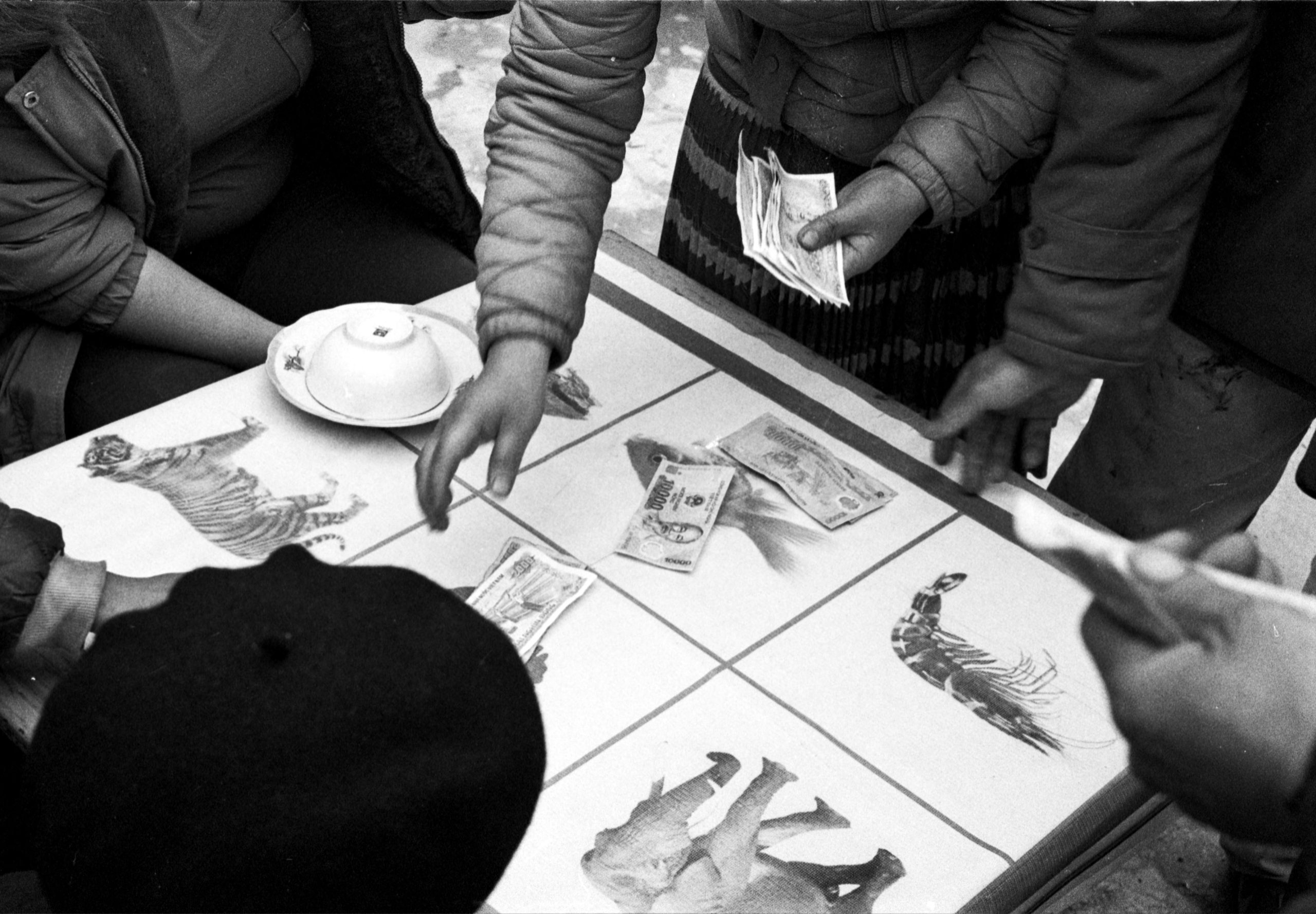Participate in a Psychology Research Study and Enter to Win a £20 Amazon Gift Card
Are you interested in advancing psychological research and exploring how pain impacts social interactions? The University of Reading’s Department of Psychology is currently recruiting volunteers for a fascinating in-person study, offering participants a chance to contribute to important scientific understanding—and a shot at winning a £20 Amazon voucher.
About the Study
Led by MSc Clinical Psychology student Katie at the University of Reading, this research delves into the question: “How does pain influence social behavior?” The study involves approximately one hour of engaging activities conducted in the Harry Pitt Building on the university campus. Participants will undertake a series of tasks designed to mimic social interaction scenarios, with some involving mild, safe discomfort.
What to Expect
Participants will be asked to complete:
- A computer-based game similar to ‘Where’s Wally?’ that incorporates mildly painful, but completely safe, electrical shocks to simulate pain.
- Viewing short video clips displaying various facial expressions, without any shocks.
- A few questionnaires assessing emotion regulation strategies and personality traits.
Participant Requirements
The study welcomes volunteers who meet the following criteria:
- Aged between 18 and 55 years
- Have normal or corrected-to-normal vision
- Are fluent in English
- Do not experience chronic pain conditions
Location and Commitment
- Location: University of Reading, Harry Pitt Building
- Scheduling: Flexible appointment times available — simply get in touch via email to arrange a suitable slot.
How to Participate
If you’re interested in contributing to psychological science and have some free time, please contact Katie at Reading.ac.uk">k.massey@student.reading.ac.uk for more details or to sign up.
Privacy and Ethics
Participants’ data will be kept anonymous, with options to withdraw at any point during the study. The project has received ethical approval (UREC 25/14), valid until December 31, 2028.
Join us in advancing understanding of social behaviors under pain conditions and get a chance to win a £20 Amazon voucher. We look forward to hearing from you!
Note: All activities are designed to prioritize participant safety and comfort.

This study offers a compelling opportunity to explore the complex ways pain influences social behavior—an area that has significant implications for understanding empathy, social bonding, and outcomes in clinical populations. It’s commendable that the researchers are incorporating both behavioral tasks and emotion regulation assessments, which can provide richer insights into individual differences in pain perception and social responses.
I would be interested to learn more about how the mild, safe discomfort is calibrated to ensure participant safety while maintaining experimental integrity. Additionally, understanding how findings from this research might translate into real-world social interactions or clinical interventions could be valuable for both researchers and practitioners.
Kudos to the University of Reading for ongoing contributions to psychological science, and I encourage anyone interested in the intersection of pain and social dynamics to consider participating!
This study sounds like a valuable contribution to understanding the complex ways pain influences social behavior. It’s encouraging to see research that combines ethical considerations with innovative experimental methods, such as simulated mild discomfort in controlled settings. Such research can provide important insights into social interactions for individuals experiencing chronic pain or similar conditions, potentially informing more empathetic and effective support strategies. For anyone considering participation, it’s reassuring to know that safety and ethics are prioritized, and that your input could help advance psychological science. Best of luck to the researchers and participants alike!